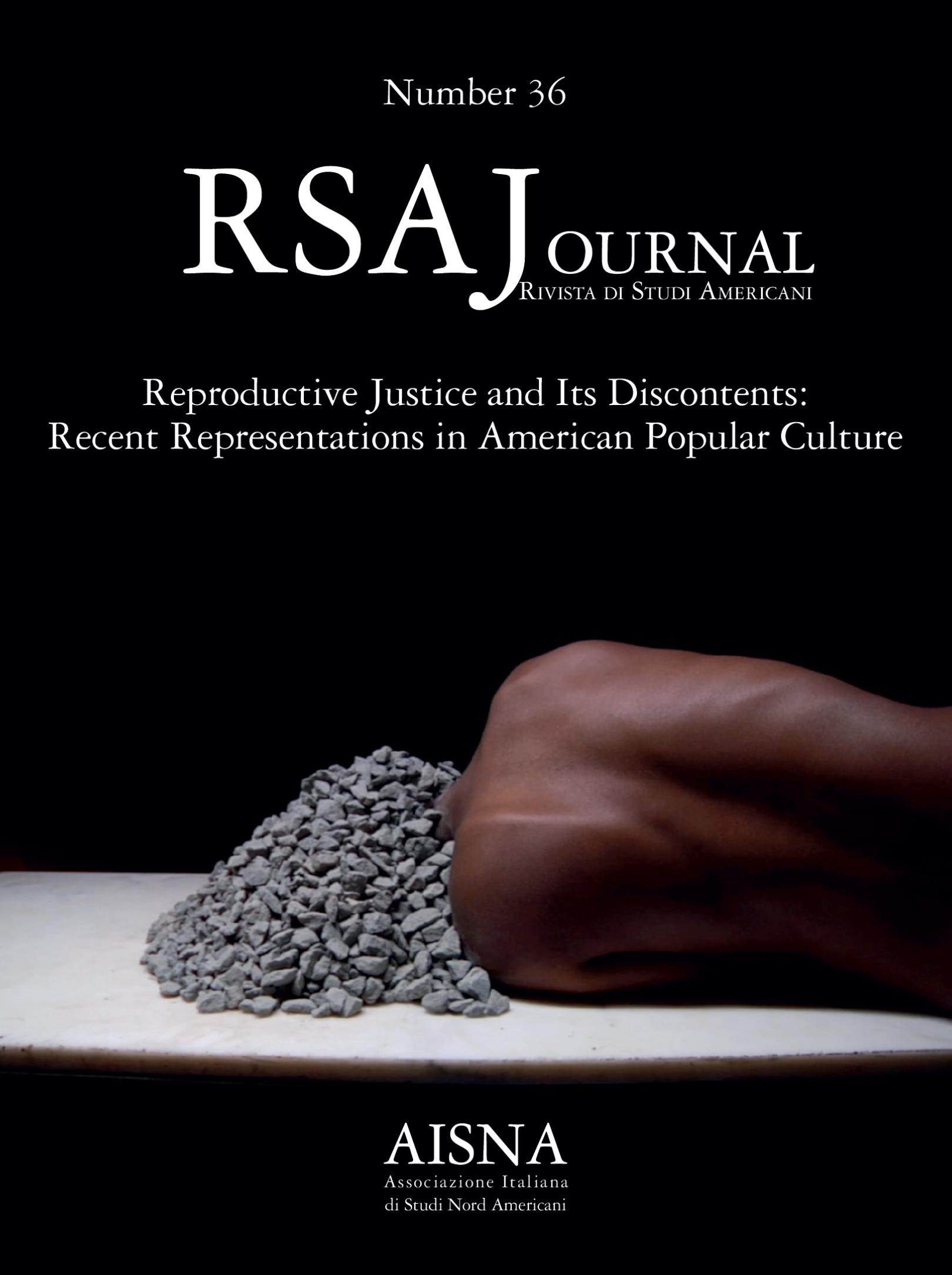A Political Space that Wasn’t There Before
An Interview with Loretta Ross
DOI:
https://doi.org/10.13135/1592-4467/11914Parole chiave:
Reproductive Justice, Black Feminism, African American History, Oral History, U.S. HistoryAbstract
This interview with Loretta Ross, a foundational figure in the Black feminist movement and a co-creator of the Reproductive Justice framework, provides a comprehensive overview of her life’s work and political perspectives. The discussion, which took place on March 5, 2025, begins with Ross’s personal experiences with reproductive oppression and sexual violence, which she identifies as the catalysts for her lifelong activism. She offers a nuanced explanation of how the concept of Reproductive Justice, which a group of twelve Black women developed, expands upon the traditional “pro-choice” movement. Ross highlights that true Reproductive Justice encompasses not only the right not to have children but also the right to have children and to raise them in a safe and supportive environment. The conversation further explores Ross’s insightful critique of how mainstream media often sensationalizes and overdramatizes reproductive issues. She also discusses the adaptability and universality of the Reproductive Justice framework, explaining how it can be applied to and expanded by diverse groups to address their specific vulnerabilities and concerns. The interview concludes with Ross’s thoughts on strategies for engaging men in the movement, emphasizing the importance of highlighting how these issues affect them and their communities. She also shares her forward-looking perspective on the future of reproductive justice in the face of a global rise in far-right, pro-natalist politics, offering a hopeful vision of resistance.
##submission.downloads##
Pubblicato
Fascicolo
Sezione
Licenza
Copyright (c) 2025 Bruno Walter Renato Toscano

Questo lavoro è fornito con la licenza Creative Commons Attribuzione - Non commerciale - Non opere derivate 4.0 Internazionale.
Avviso sul Copyright
RSAJournal applica una licenza CC BY-NC-ND a tutti i suoi contributi. Questa licenza consente agli utenti di copiare e distribuire il materiale in qualsiasi supporto o formato solo in forma non adattata, per scopi non commerciali e a condizione che venga esplicitato/a l'autore/autrice dell'opera. CC BY-NC-ND include i seguenti elementi:
- BY: L'autore deve essere riconosciuto come tale.
- NC: Sono consentiti solo utilizzi non commerciali dell'opera.
- ND: Non sono consentite opere derivate o adattamenti dell'opera.
Gli autori che pubblicano con questa rivista accettano i seguenti termini:
- Gli autori conservano il copyright e tutti i diritti di pubblicazione per i loro contributi alla rivista.
- Gli autori concedono alla rivista il diritto di prima pubblicazione in base alla licenza internazionale Creative Commons Attribution-NonCommercial-NoDerivatives 4.0, che consente ad altri di condividere l'opera non modificata per scopi non commerciali a condizione che venga esplicitato/a l'autore/autrice dell'opera e la sede di pubblicazione iniziale (questa rivista).
- Gli autori sono in grado di stipulare accordi contrattuali separati e aggiuntivi per la distribuzione non esclusiva della versione pubblicata dalla rivista (ad esempio, per inserirla in una repository istituzionale o pubblicarla in un libro), con l'indicazione che il contributo è stato precedentemente pubblicato in RSAJournal.




